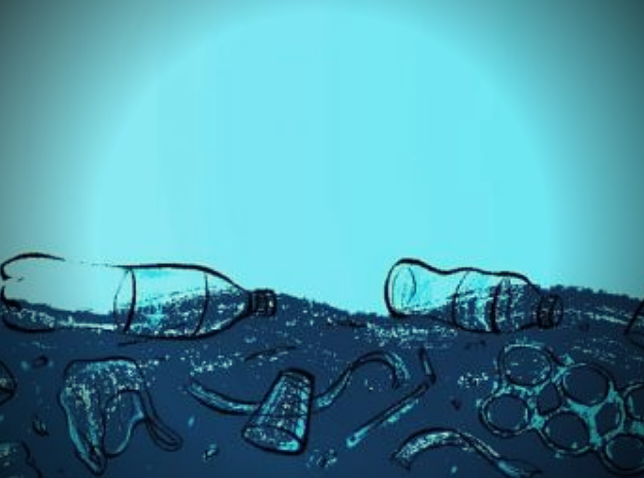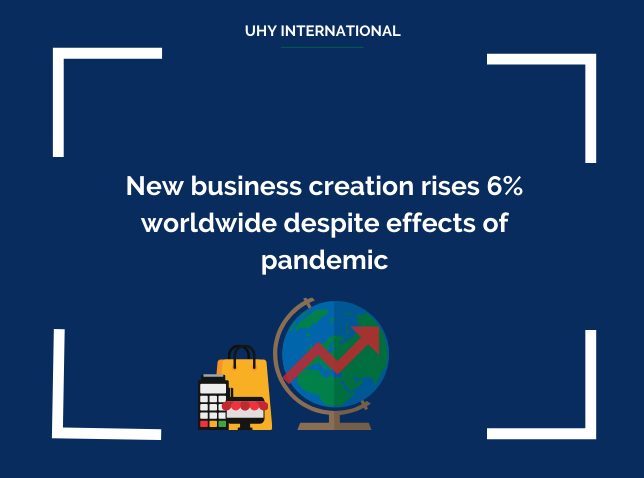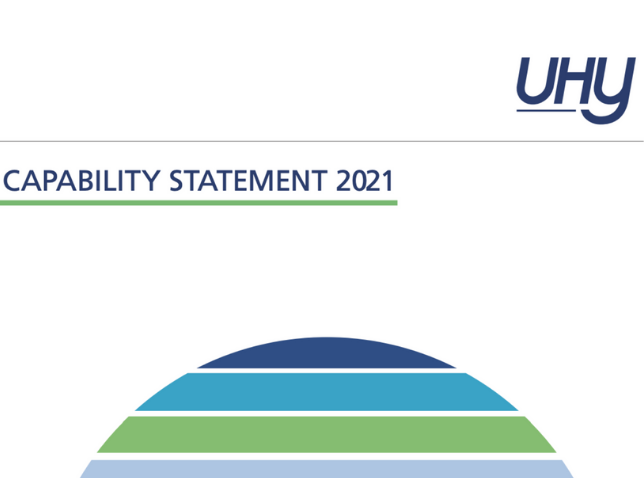UHY International: Sleepwalking into a crisis

This post is also available in: Français (French)
With our oceans choking in plastic and our school children marching in protest to save the planet, is there the will – and
the money – to fix it?
It is the World Economic Forum’s Global Risks Report 2019 that asks if the world is sleepwalking into a crisis. According to the report, ‘Global risks are intensifying but the collective will to tackle them appears to be lacking.’ Their annual survey once more found environment-related risks topping the charts and not least failure of environmental policy. The European Union has identified the need to ’mainstream’ funding for environmental and social sustainability.
The OECD too has published its 2019 report Global Outlook on Financing for Sustainable Development, which proposes that the private sector is called on not just to help underwrite the United Nations’ sustainable development goals for 2030, but ‘to engage as partners in the development process, to invest in areas critical to sustainable development, and to shift to more sustainable consumption and production patterns’.
Integrating ESG
The good news is, in the world institutional investment, environmental, social and governance (ESG) criteria are rapidly gaining momentum as investable factors in organisations. There is a growing business case for integrating ESG into investment decisions as companies with strong ESG credentials are seen as more viable, better run and in tune with brand community sentiment. A lot of work is being done to better define ESG variables so that corporations and financial providers alike can more clearly set out their stall. Ultimately, this is less about saving the planet and more. About long term risk management and return on investment, but it is a start.
Good Guys And Bad Guys
However, notwithstanding the pleas from global think tanks, asset managers with a fiduciary duty to act in the best interest of their investors realise that client demand if an ethnical dimension is growing significantly. It will become particularly acute when millennials and generation X become significant investors. They have long held a natural concern for the environment that previous generations have not.
Consequently, we are now seeing a diversification of asset models that reflect investments aligned with investors personal values and where funds can make a positive impact.
Impact investing works in a number of different ways. Positive screening means including the stock of companies whose business is built around serving environmental or social-based needs. Examples might be alternative energy players or organisations with very strong diversity policies. Conversely, portfolios can negatively screen (exclude) those perceived to be doing the opposite – oil or tobacco industry businesses, for example.
Green Earth, Blue Planet
Perhaps the most encouraging trend is the development of financial instruments that appeal specifically to investors looking for environmental returns, Examples include the issuing of green- and blue- bonds. In 2016, Luxembourg launched its Green Exchange, cited as the world`s first platform dedicated to environmentally friendly securities. Today, it lists almost half of all green bonds globally.
Last year, the Seychelles government, in conjunction with three private institutions and overseen by the World Bank, launched the world’s first sovereign blue bond- a pioneering public and private sector-designed product created to support the islands’ sustainable marine and fisheries sustainable marine and fisheries projects. And in February this year, the Nordic Blue Bond to support water management and protection projects.
Clearly, inoon=vative financial products like these are indicative of a growing will to support green and blue initiatives at a domestic level. If our global interconnectedness can propel responsible impact investing into the mainstream, there is still a chance that governments will secure sustainable growth, hit internationally-agreed climate targets, clean up our oceans, and get our young people back behind their desks.


